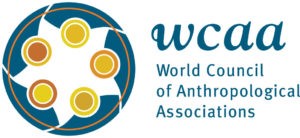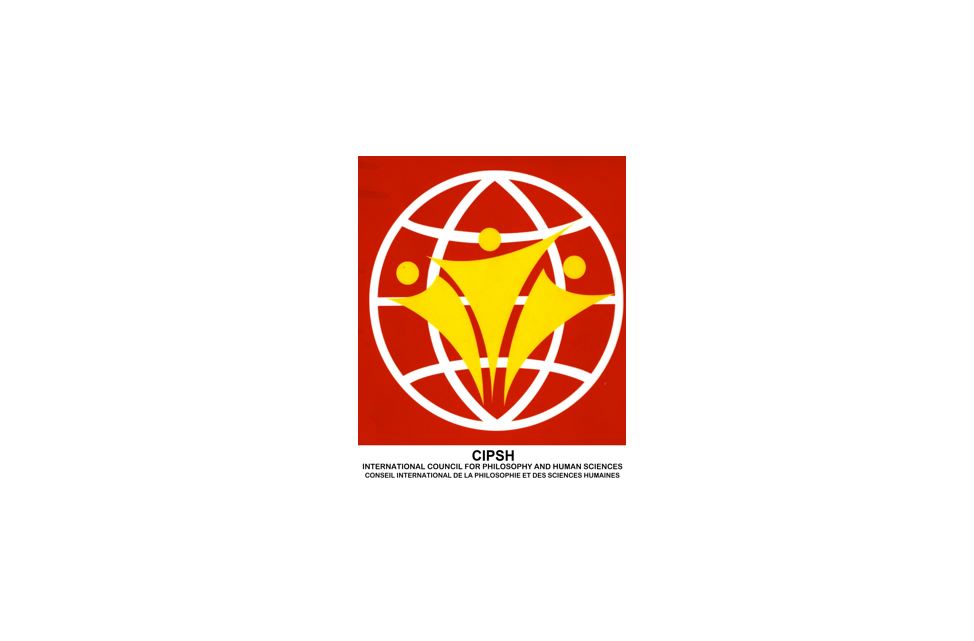
What is the IYGU?
This section will provide you with information on the aims and objectives of the IYGU initiative, the key challenges to be addressed and the most important messages that reflect the IYGU’s endeavour to meet those challenges. You can also obtain an overview of the anticipated outcomes of the IYGU and the activities to date.
IYGU Program
- The IYGU connects local actions and global challenges.
- The IYGU focuses on the global sustainability of local action.
- The IYGU recognizes culturally different paths to global sustainability.
The International Year of Global Understanding (IYGU) addresses the ways in which we inhabit an increasingly globalized world. How do we transform nature? How do we build new social and political relationships for the emerging global reality? Societies and cultures determine the ways we live with and shape nature. They influence how we perceive the global consequences of our everyday actions. We need to understand what our daily actions mean for the world as a whole in order to overcome global challenges.
IYGU Challenges
Global environmental change
Our environment is changing in many ways and at unprecedented rates: climate change, biodiversity loss and loss of ecosystems, increase in the frequency and severity of extreme events, desertification and soil degradation, overfishing and deforestation are just some of the many environmental challenges we are faced with.
Knowledge
There is a need to enhance our understanding of both Earth systems processes and socio-cultural contexts of human action. We also need to strengthen the relevance, use and social acceptance of existing knowledge. While there is sometimes a lack of awareness concerning the global implications of everyday living, the effective translation of knowledge into action commonly encounters a knowledge-action gap – a further challenge that the IYGU hopes to tackle. Importantly, we also need a better integration of different types of knowledge and in the process of knowledge production. The IYGU takes a transdisciplinary approach in the hope to integrate academic knowledge from all disciplines (social and natural sciences as well as the humanities), all types of knowledge (scientific, indigenous, local, traditional etc.) and all stakeholders (decision-makers, NGOs, businesses, the affected public etc.)
Changing geographies – the global reach of local actions
Over the last decades, the spatio-temporal conditions of everyone’s life have – directly or indirectly – changed dramatically. With the ongoing digital revolution, socio-cultural practices are now (at least potentially) global in reach. So are the consequences of human transformations of natural realities. With global change and the globalization of everyday life, we are confronted with an unprecedented situation. Generally speaking, we are experiencing the unintended consequences of 19th and 20th century problem solutions. We are facing a global climate change, as well as a global social change and both are inextricably linked.
Science-policy interface
But political institutions are not prepared for this constellation. Our political institutions are still of (predominantly) national reach. To bridge the gap between global problems and national problem-solving strategies, we need to foster global understanding and enhance international collaboration in climate policy and other policy fields concerned with global issues. In addition, and regardless of the spatial scale, there is a dire need to enhance the translation of the findings of global change research and research on sustainability into effective policies that will prevent the worst consequences of unabated global environmental change. International co-operation and national actions need to be aligned to deliver the best possible outcomes for societies and ecosystems.
IYGU Key Messsages
Linking the global and the local
- Everyday actions matter for global climate change.
- Everyday decisions depend on lifestyle.
- A global view reduces the risk of regional conflicts.
Our world faces social, cultural, and economic change, as well as a changing climate. Human actions play a key role in creating such worldwide challenges. However, human actions also provide solutions. If individuals know what their day-to-day routines mean for the planet, they can take appropriate action. Global understanding helps overcome the knowledge-action gap and supports policy decisions that promote sustainability.
People’s Practices
- Global problems require sustainable solutions.
- Sustainable change should emerge from the bottom.
Global challenges require swift, yet considered, goal setting and political action. We cannot afford to wait for the ideal decision-making body or a global jurisdiction – it may never happen. Instead, change should come from the bottom. Individuals make choices, vote, and drive policies at the local, regional, and national levels. Widespread global understanding embeds awareness of the global consequences of individual choices. IYGU wants sustainable change that starts from the bottom.
Science and everyday life
- Everyday life and science belong together.
- Global understanding is based on joint social and natural science research.
- Research should address the logic of everyday life.
Global understanding calls for the reconciliation of the global and the local, of science and everyday lives. The IYGU focuses on essential daily activities such as eating, drinking, housing, working, travelling, and communicating. Why do we make the choices that we do? Which societies – rich and poor – make more globally sustainable choices? Natural and social scientists will jointly provide answers.
Sustainability and Global Understanding
- Climate change is an example of the links between global and local effects.
- Global change may be climatic, social, cultural and economic.
- Societies need global understanding to manage change sustainably.
Global sustainability cannot come about without local sustainability. Actions and thoughts that may seem disconnected in space and time are often fundamentally linked. True global understanding empowers people to make such connections. Many people know about the need for sustainability, but few make the corresponding decisions. The IYGU’s main goal is to promote global understanding so that actions and decisions yield sustainable outcomes, every day, all over the world.
How to do it?
- IYGU will make global processes and challenges understandable.
- IYGU will encompass research, teaching and information.
- IYGU will highlight the power of everyday, local choices for global change.
- The IYGU will remind global citizens of their global responsibilities.
The IYGU aims to yield deep, but actionable, insights into the ways all peoples can live together more sustainably. The focus will be on developing strategies for targeted local projects with a global reach. There are three elements to this: research, education, and information. Research will bring scientists together to understand the global impacts of everyday local activities related to culture, society, economy, and nature. The IYGU will empower bottom-up movements for sustainable everyday politics. Classrooms throughout the world will use the research results at all educational levels. The IYGU will provide information and promote knowledge sharing to increase public awareness by means of publications, computer games, TV programs, etc.
IYGU Outcomes
Contributions to United Nations
The IYGU addresses key UN Charter Constitution issues.
It aims to strengthen international co-operation by preparing new strategies to face global challenges.
Contributions to UNESCO
Better global understanding supports economic, social, cultural and humanitarian co-operation.
The IYGU’s new level of goal-driven scientific cooperation will produce advanced educational modules.
The IYGU will promote practical routes towards a global understanding of the cultural and social implications of new geographical living conditions and new global realities.
Implementations of UN initiatives
The framework of the IYGU contributes to the ICSU-ISSC Future Earth initiative and seeks to support the implementation of the Rio+20 Declaration.
To achieve the UN Millenium Development Goals, we must ensure that we share the responsibility for our living conditions globally.
The IYGU will complement the outcomes of the UN Decade of Education for Sustainable Development (ESD) 2005-2014 with a focus on practical ways of introducing its key results into everyday practices.
The IYGU will provide sustainability education and public information, establishing processes for embedding the ESD’s principal results in future generations’s routines.
Implementations of the findings of other UN International Years
The IYGU will draw on and promote the relevant findings of other International Years, including
the IY of Mountains (2002)
the IY of Freshwater (2003)
the IY of Planet Earth (2008)
the IY of Biodiversity (2010)








